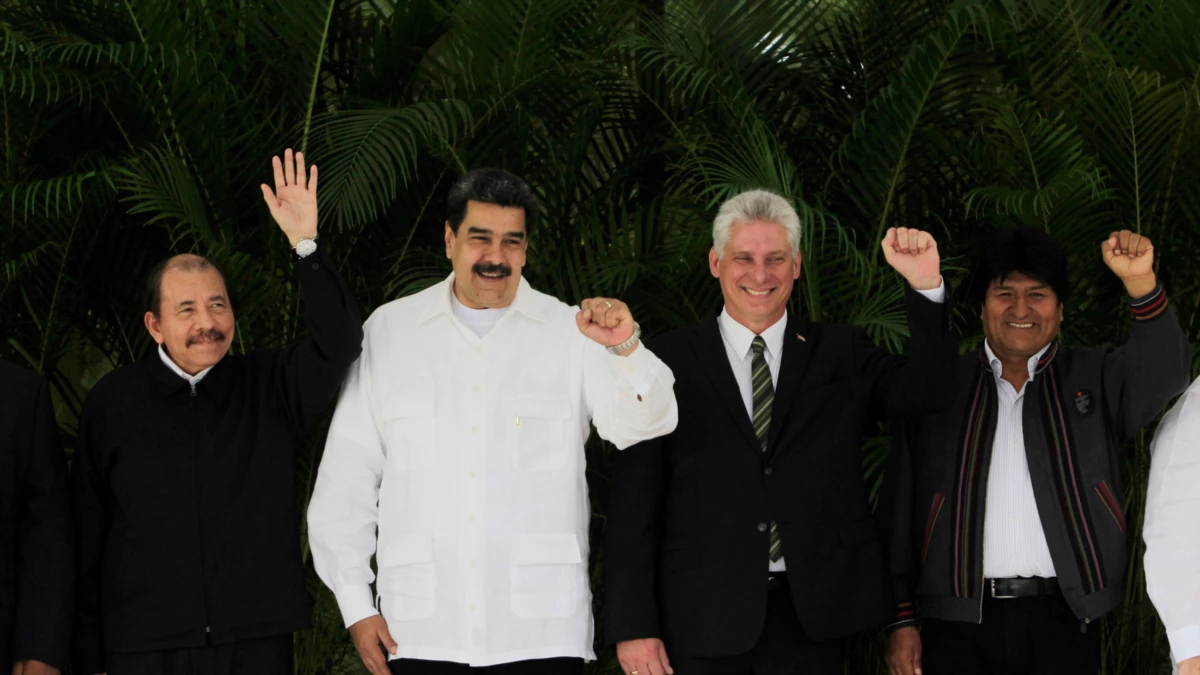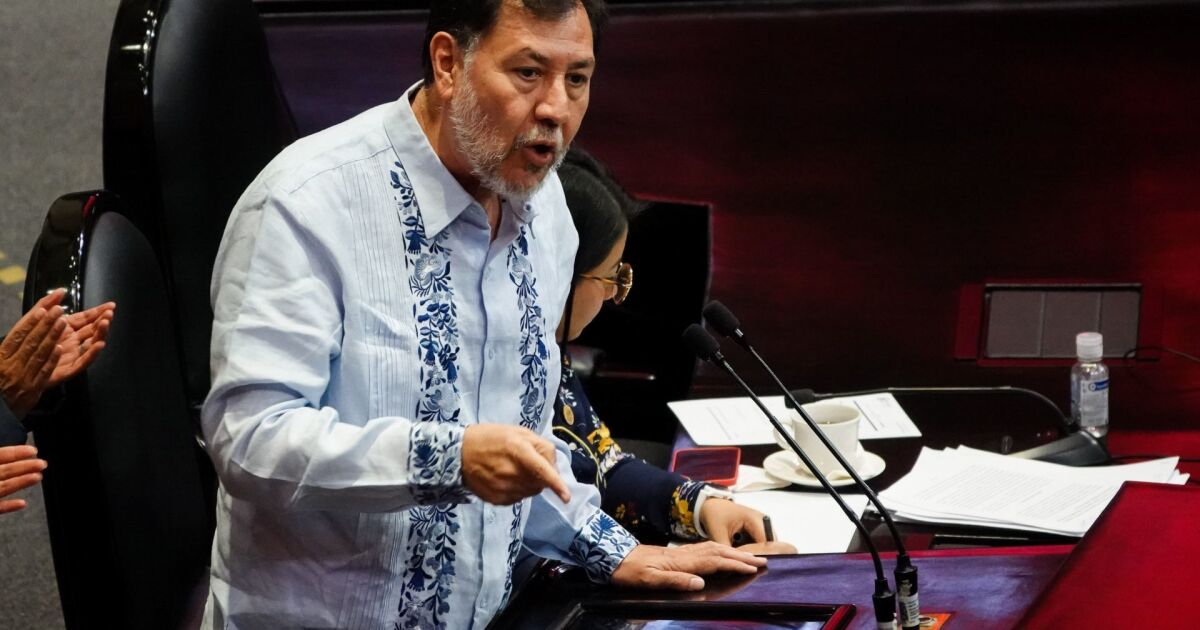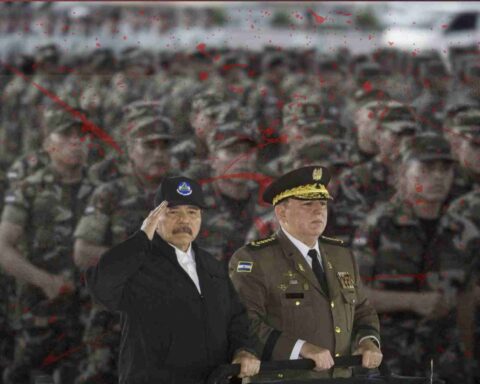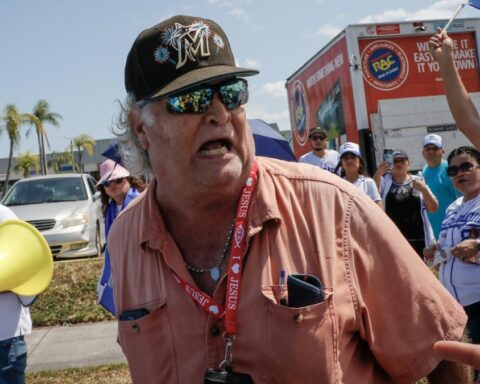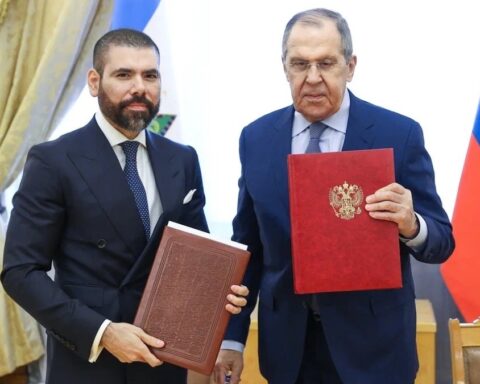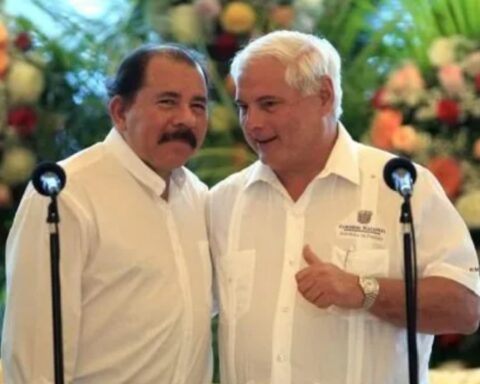The measures recently announced by the United States that generate relief for the governments of Cuba and Venezuela —both singled out for violations of human rights and democracy—, generate expectations with respect to Nicaragua, an ally of Nicolás Maduro and Miguel Díaz-Canel.
This Tuesday it was learned that the administration of President Joe Biden will lift certain measures imposed against Caracas in exchange for the resumption of a dialogue that seeks a solution to the current conflict.
A day earlier, the White House also announced a series of measures on the change in the policy towards Cuba, among which are expanding the categories and limits of remittances and promoting activities of the state sector outside of Cuba.
In Nicaragua, where at least 46 sanctions have been imposed against the circle close to President Daniel Ortega, a similar measure would be “a mistake,” say various experts consulted by the voice of america.
Eric Olson, director of Policy and Strategic Initiatives, of the Wilson Center Global, based in Washington DC, comments that the lifting of sanctions is a positive step, but only when “the government takes positive steps”.
“You should not lift them all [las sanciones]not eliminate them all, but if they are never eased, there will be no reason for a government to make changes, I would be in favor of easing sanctions when it is part of a process and there is a positive indication from a government of some change, ”says Olson via phone to the VOA.
The analyst points out that in Nicaragua a good sign would be the release of all the politicians who remain in prison, although he recognizes “that there is no justification for keeping” opponents in prison.
“The issue of sanctions is not well understood, I think it is a tool that the US has and any country can use to signal its disagreement with something and if there are changes in governments, sanctions must be removed,” he adds.
From San José, Costa Rica, where the Nicaraguan opponent Alexa Zamora, from the Blue and White Unit (Unab) organization, is in exile, she comments that in countries like Venezuela, after Washington’s rapprochement, the release of some American prisonersbut in Managua she sees a radicalization that even exceeds Caracas.
“With Nicaragua this [de suavizar sanciones] it is not something that is glimpsed in the vicinity. There was an attempt to bring Nicaragua closer to the US, although it is very incipient at the moment, and that is not going to automatically translate into the elimination of sanctions,” he assures VOA.
From his perspective, what is happening in Venezuela and Cuba are “extremely different diplomatic processes” than those in Managua. “Nicaragua does not show the political will to yield in any aspect, not even in the cessation of the persecution of political prisoners and therefore it is not going to change the sanctions, it would be a mistake,” he says.
The Ortega government recently local headquarters were taken of the Organization of American States (OAS) in Managua, for which the United States requested an extraordinary meeting of the Permanent Council of the organization from which it was issued. a statement of conviction against the Ortega government.
The United States said in that session that the forced occupation of a diplomatic building showed disagreement with the specific norms and that “the member states of the OAS will not tolerate these actions.”
In this regard, Zamora points out that this recent event would mark a fundamental point in the measures that the United States is taking.
Haydeé Castillo, a Nicaraguan opponent based in the United States due to threats against her, appreciates that the international community is reaching the conclusion that the way in which it has faced “these dictatorships is not giving the desired results in the short term.”
In a telephone conversation with VOACastillo maintains that the international community and the United States are concerned about problems such as the growing flow of migrants, “which is putting the Biden Administration in difficulty.”
Benjamin Gedan, also from the Wilson Center think tank, agrees with the other analysts that the sanctions should not be permanent. “The idea is to put pressure on a regime to change its behavior,” he says.
Gedan affirm that in the case of Venezuela, the White House wants to encourage negotiations between Nicolás Maduro and the opposition and is willing to lift some sanctions to achieve this important goal.
“It is assumed that their position towards Cuba and Nicaragua is similar,” he concludes.
Connect with the Voice of America! Subscribe to our channel Youtubeand turn on notifications, or follow us on social media: Facebook, Twitter and Instagram

